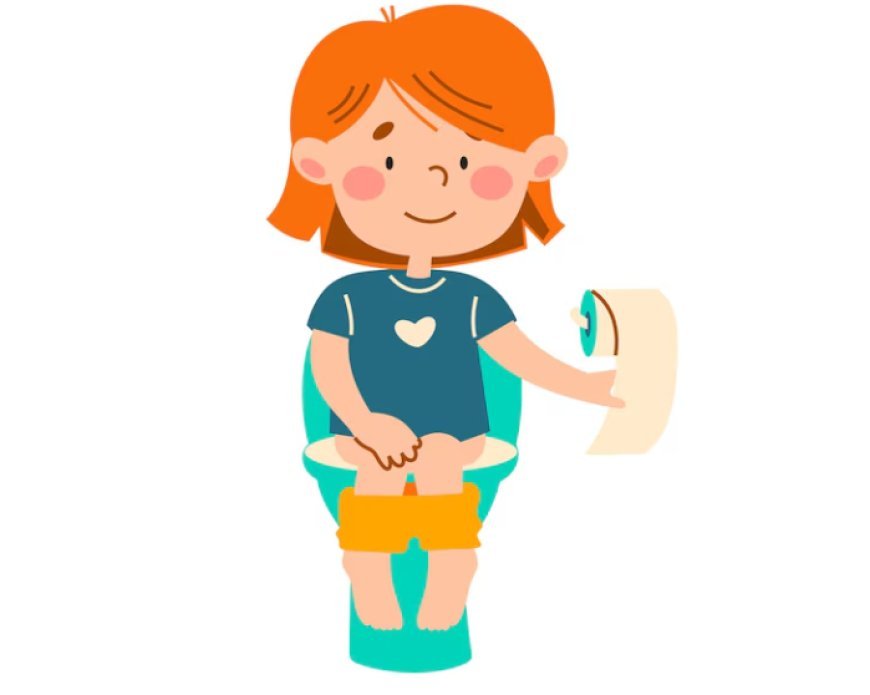What Is the Best Treatment for Diarrhea?

Diarrhea, a common yet often inconvenient health issue, is characterized by loose or watery stools. While most cases are short-lived and resolve on their own, severe or prolonged diarrhea can lead to dehydration and other complications, making effective treatment essential. If you looking for diarrhea treatment then you can take Nitazoxanide 500 mg to treat diarrhea. In this article, we explore the best treatment options for diarrhea, from home remedies to medical interventions, to help you find the right approach to recovery.
Understanding the Causes of Diarrhea
Before diving into treatment, it's important to understand the potential causes of diarrhea. Common triggers include:
-
Infections: Viral, bacterial, or parasitic infections can lead to diarrhea. Rotavirus, norovirus, and E. coli are frequent culprits.
-
Dietary Factors: Food intolerances (e.g., lactose intolerance) and sensitivity to certain foods can upset digestion.
-
Medications: Antibiotics and other drugs may disrupt the gut microbiota, leading to diarrhea.
-
Chronic Conditions: Conditions like irritable bowel syndrome (IBS), inflammatory bowel disease (IBD), or celiac disease can result in recurring diarrhea.
-
Stress and Anxiety: Emotional factors can sometimes trigger gastrointestinal symptoms.
Identifying the cause of diarrhea can guide effective treatment and prevent recurrence.
Home Remedies for Diarrhea Relief
For mild cases of diarrhea, home remedies can provide quick relief and comfort. Here are some effective options:
1. Stay Hydrated
The most critical aspect of treating diarrhea is preventing dehydration. Drink plenty of fluids, such as water, clear broths, or oral rehydration solutions (ORS). ORS, available over the counter, contains the right balance of electrolytes and glucose to replenish lost nutrients.
2. BRAT Diet
The BRAT diet—Bananas, Rice, Applesauce, and Toast—is a go-to remedy for diarrhea. These bland, low-fiber foods help firm up stools and are gentle on the digestive system. Other foods like boiled potatoes, plain crackers, and skinless chicken can also be included.
3. Probiotics
Probiotics, found in yogurt or available as supplements, help restore the balance of good bacteria in the gut. Strains like Lactobacillus and Bifidobacterium are particularly beneficial in reducing the duration of diarrhea caused by infections or antibiotics.
4. Herbal Teas
Certain herbal teas, such as chamomile or peppermint, can soothe the digestive system. Ginger tea is also effective for calming nausea and reducing inflammation in the gut.
Over-the-Counter Medications
When diarrhea persists beyond a day or significantly disrupts daily activities, over-the-counter (OTC) medications can help. Always follow the dosing instructions and consult a doctor if symptoms worsen.
1. Loperamide (Imodium)
Loperamide slows intestinal movement, reducing the frequency of bowel movements. It’s effective for sudden-onset, non-infectious diarrhea but should not be used if the diarrhea is caused by infections, as it may trap harmful bacteria in the gut.
2. Bismuth Subsalicylate (Pepto-Bismol)
This medication helps reduce diarrhea and associated symptoms like stomach cramps and nausea. It also has mild antibacterial properties, making it useful for traveler’s diarrhea.
Prescription Medications
For severe or persistent diarrhea, a healthcare provider may prescribe medications based on the underlying cause:
-
Antibiotics: For bacterial infections like E. coli or Salmonella.
-
Antiparasitics: For parasitic infections such as giardiasis.
-
Anti-inflammatory Drugs: For diarrhea caused by IBD or other inflammatory conditions.
-
Bile Acid Sequestrants: For chronic diarrhea related to bile acid malabsorption.
Managing Diarrhea in Special Populations
1. Children
Children are particularly vulnerable to dehydration from diarrhea. Oral rehydration solutions are the safest treatment. Avoid OTC anti-diarrheal medications in young children unless prescribed by a doctor.
2. Elderly Individuals
Older adults may have underlying health conditions or take medications that exacerbate diarrhea. Close monitoring and prompt medical attention are crucial.
3. Pregnant Women
During pregnancy, diarrhea should be treated conservatively with hydration and dietary adjustments. Consult a healthcare provider before taking any medications.
Preventing Diarrhea
Prevention is better than cure, and simple measures can significantly reduce the risk of diarrhea:
-
Maintain Hygiene: Wash hands frequently with soap and water, especially before meals and after using the restroom.
-
Safe Food Practices: Avoid consuming raw or undercooked foods. Ensure proper storage and preparation of meals.
-
Drink Safe Water: Use filtered or bottled water in areas with questionable water quality.
-
Vaccinations: Vaccines like the rotavirus vaccine can prevent certain types of diarrhea, particularly in children.
-
Probiotic Use: Regular consumption of probiotics may help maintain a healthy gut and prevent diarrhea.
When to Seek Medical Attention
While most cases of diarrhea resolve within a few days, some situations require medical evaluation:
-
Severe abdominal pain or cramps.
-
Blood or mucus in the stool.
-
High fever (above 102°F or 39°C).
-
Signs of dehydration, such as excessive thirst, dry mouth, or reduced urination.
-
Diarrhea lasting more than three days.
The Role of Hydration and Nutrition
In addition to specific treatments, maintaining hydration and proper nutrition plays a key role in recovery. Avoid foods that can aggravate diarrhea, such as fatty, spicy, or sugary items. Stick to easily digestible meals and gradually reintroduce regular foods as symptoms improve.
The best treatment for diarrhea depends on its cause and severity. For mild cases, home remedies like hydration, the BRAT diet, and probiotics often suffice. OTC medications provide quick relief for non-infectious diarrhea, while prescription drugs may be necessary for more serious conditions. Preventive measures, such as good hygiene and safe food practices, are essential to avoid recurrence. Remember, if symptoms persist or worsen, seeking medical advice is crucial to ensure a swift and safe recovery.
What's Your Reaction?








































